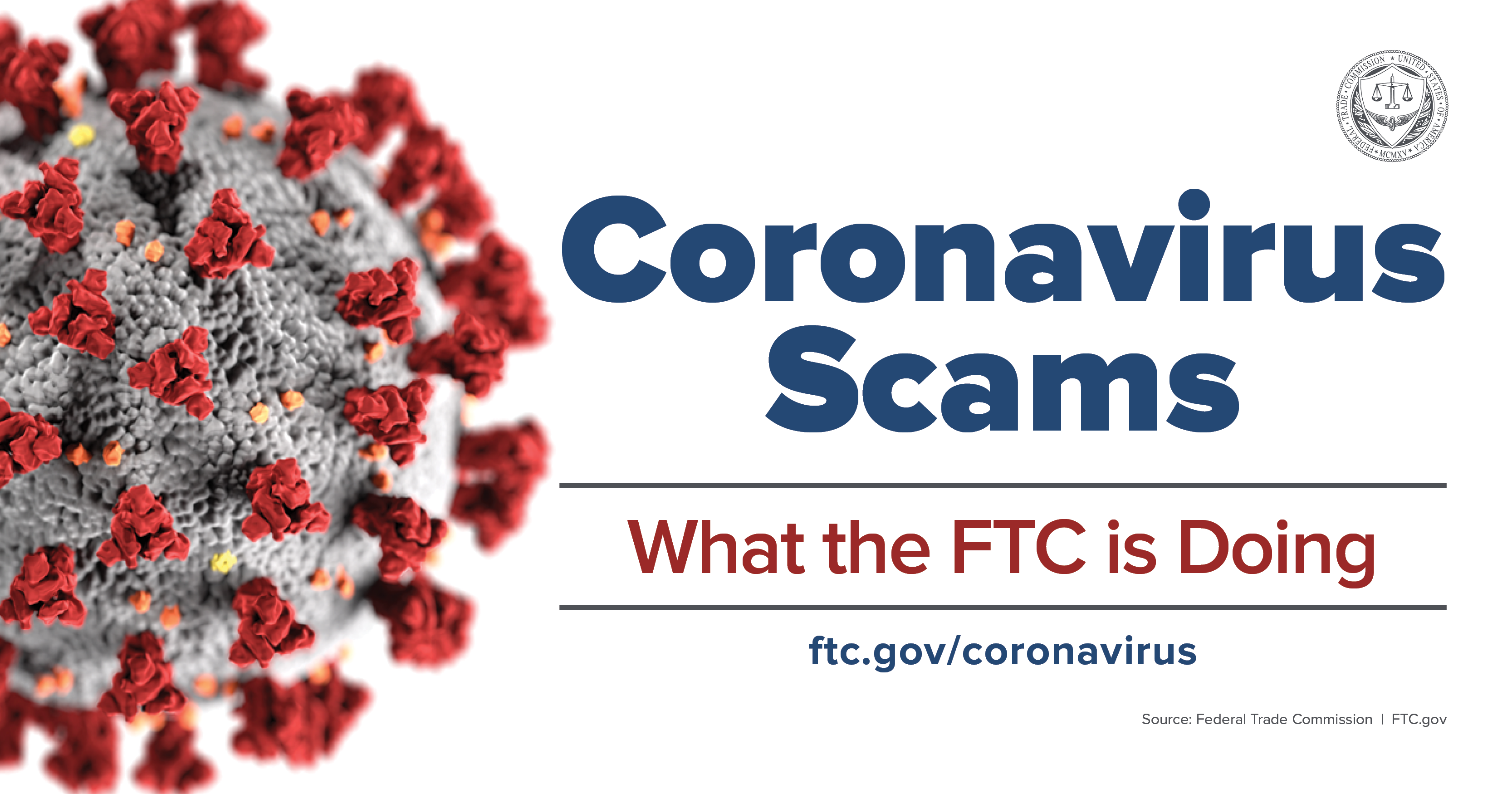It is important right now to be aware of scammers, whose calls and text messages often increase in times like these.
Scammers will attempt to get everything from your money to personal information in many ways, including, but not limited to posing as a charity, your utility company, offering bogus coronavirus testing and more.
To protect yourself from scams, not only COVID-19 scams, the FCC offers the following tips:
- Do not respond to calls or texts from unknown numbers, or any others that appear suspicious.
- Never share your personal or financial information via email, text messages, or over the phone.
- Be cautious if you’re being pressured to share any information or make a payment immediately.
- Scammers often imitate other phone numbers to trick you into answering or responding. Remember that government agencies will never call you to ask for personal information or money.
- Do not click any links in a text message. If a friend sends you a text with a suspicious link that seems out of character, call them to make sure they weren’t hacked.
- Always check on a charity (for example, by calling or looking at its actual website) before donating.
More important tips from the FTC:
- Don’t respond to texts, emails or calls about checks from the government.
- Ignore online offers for vaccinations and home test kits. There are no products proven to treat or prevent COVID-19 at this time.
- Hang up on robocalls. Scammers are using illegal robocalls to pitch everything from low-priced health insurance to work-at-home schemes.
- Watch for emails claiming to be from the CDC or WHO. Use sites like coronavirus.gov and usa.gov/coronavirus to get the latest information.
- Don’t click on links from sources you don’t know.
More information on coronavirus-related scams, and what the Federal Trade Commission is doing to help can be found HERE.





